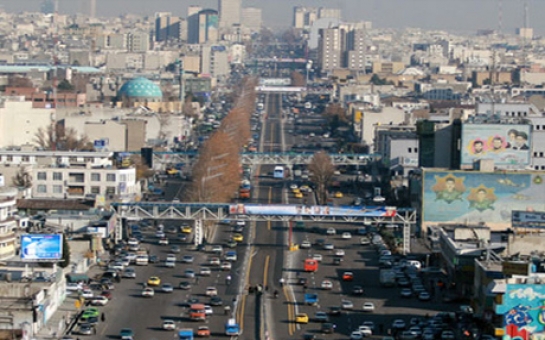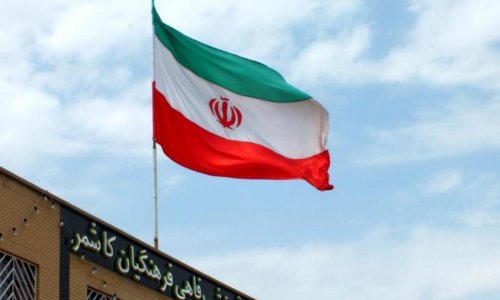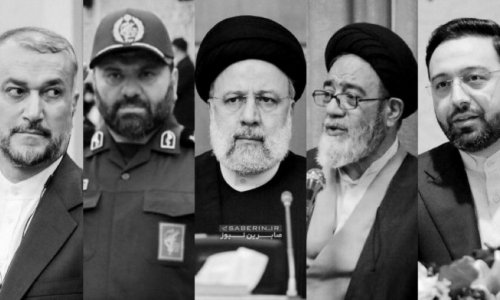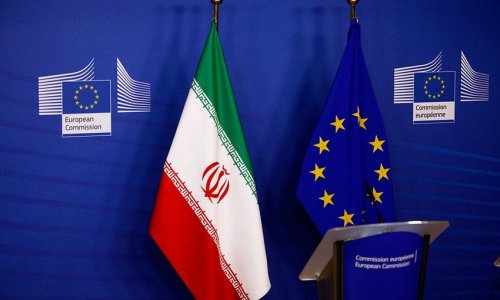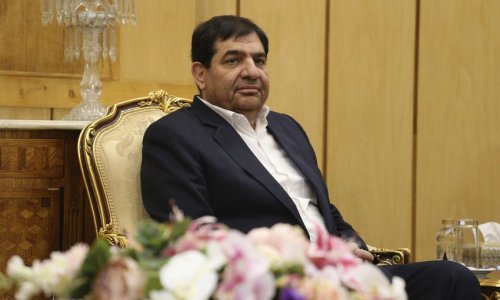By Alexandros Petersen
With the Obama administration’s signing of a very specific nuclear deal with Iran, key American allies in the region are being left behind.
There’s still room for the administration to incorporate Israel, Bahrain and Azerbaijan’s interests into a comprehensive Nixon-esque strategy of rapprochement. But anything less than that would not only endanger our friends, it would foment discord in the region and hurt long-term U.S. interests.
Congress has an opportunity to weigh in and it should. Members have a vested interest in U.S.-Iran policy and should understand the bigger picture.
Before the deal, when Israel’s Prime Minister Benjamin Netanyahu visited Washington last month, he expressed deep disquiet about a lack of coordination with the United States on Iran policy. For Israel, the threat from Iran is not just about nuclear weapons, it is about the Islamic Republic’s sustained bellicosity about Israel’s existence and its wider aggressive posture in the region. This is manifested in the Gulf, in Iranian threats to close the Straits of Hormuz bottleneck to international oil exports, and, of course in Syria and Lebanon, where Iran’s proxies, Bashar al-Assad and Hezbollah, are continuing to cause major instability.
This is Israel’s neighborhood too, and Netanyahu knows that even an Iran without nuclear weapons is the most serious threat in the wider Middle East. One cannot blame the Israeli leadership for being concerned about a U.S.-Iran thaw that might lessen the global nuclear threat but embolden Tehran’s destabilizing regional ambitions.
When U.S.-led sanctions and pressure are eased as part of the deal with the supposedly more moderate Iranian President Hassan Rouhani, what authority will then ensure that U.S. allies in the region are protected?
Leaders in Bahrain, the tiny Gulf monarchy that hosts the U.S. Navy’s Fifth Fleet, are troubled. For the past two years, the island has experienced ongoing low-level terrorist attacks by militants purporting to fight for the majority Shiite population against Bahrain’s Sunni rulers. A wider violent rebellion, such as what occurred in Bahrain in 2011, is kept in check by forces from neighboring Saudi Arabia, with Washington — until now at least — deliberately turning a blind eye. This is largely because all parties know that Iran is stoking the rebellion and has openly threatened to support its fellow Shiites in toppling an Arab regime that supports U.S. military operations.
However, in his U.N. General Assembly speech, President Barack Obama compared the situation in Bahrain to “sectarian tensions” in Syria and Iraq. The Bahraini leadership took offense at what seemed like a legitimation of Iranian actions within the country, while anti-regime forces were buoyed, organizing one of the largest rallies in the past two years. While the administration may have real concerns about governance in Bahrain, this is hardly the time to poke a U.S. ally under threat from Iranian subterfuge.
The administration’s own recent senior advisor for nonproliferation, Robert Einhorn, recently said as much: that we have “not consulted enough” with Iran’s neighbors and that the administration should “begin much more intensive consultations” to ensure that we are not throwing allies under the bus.
ANN.Az

